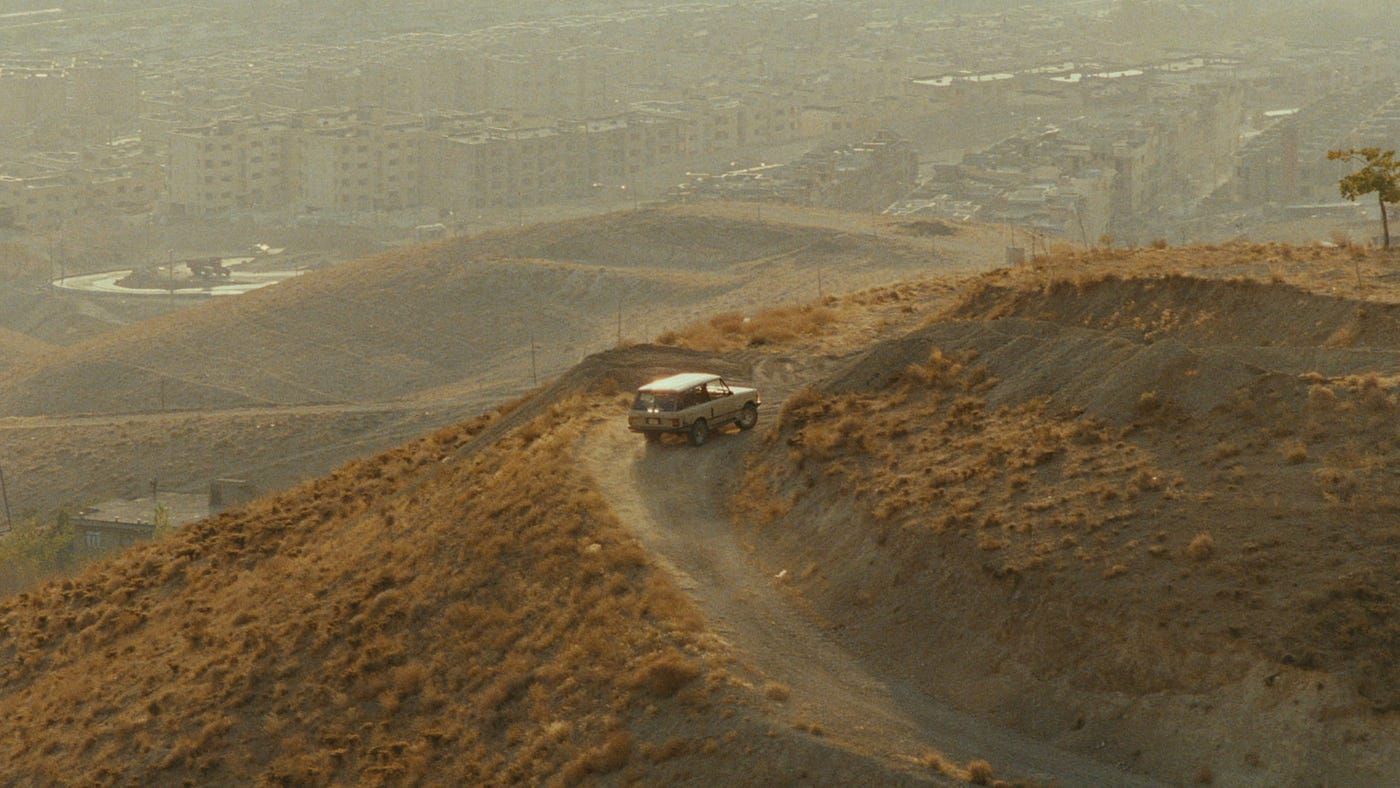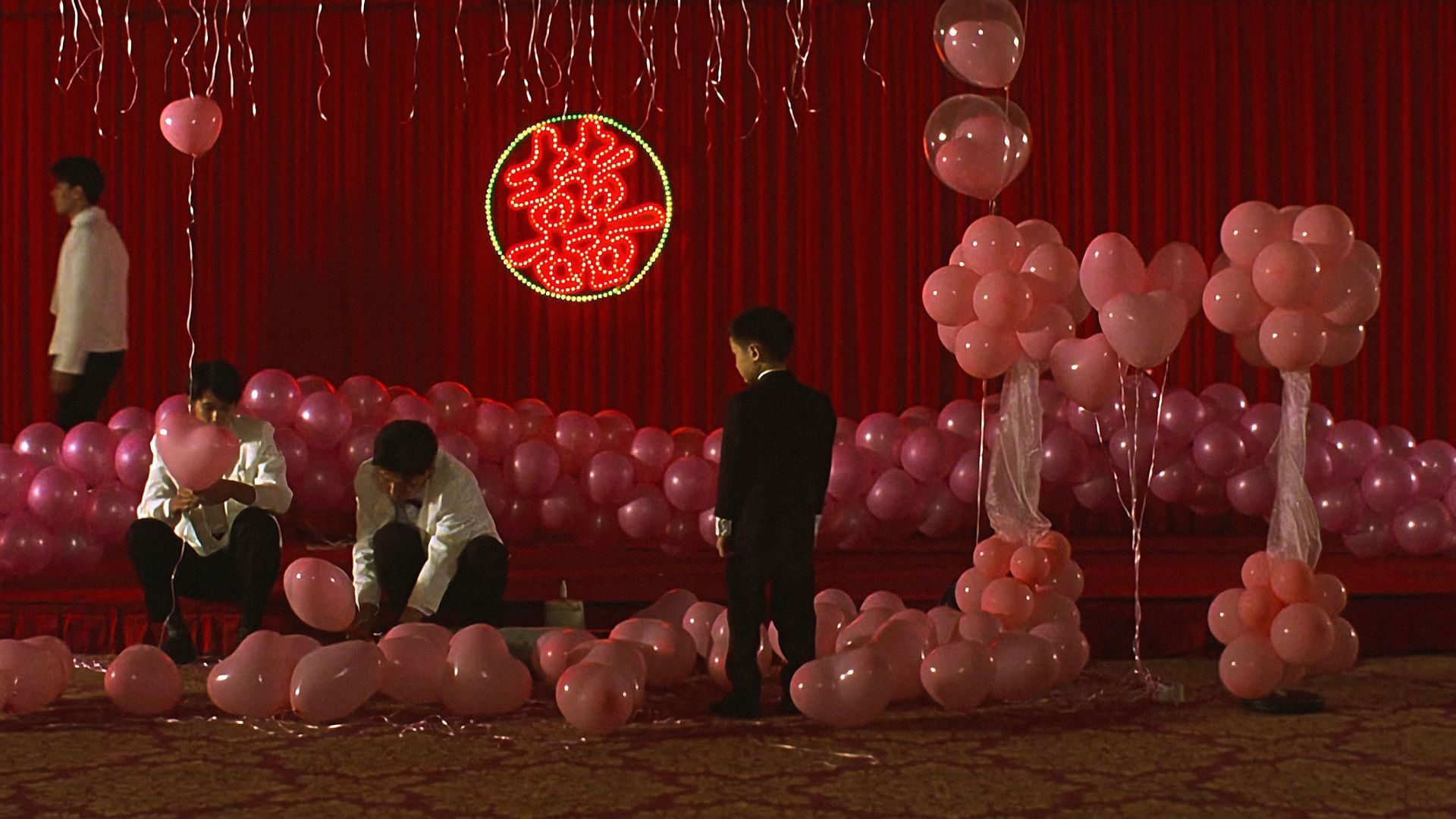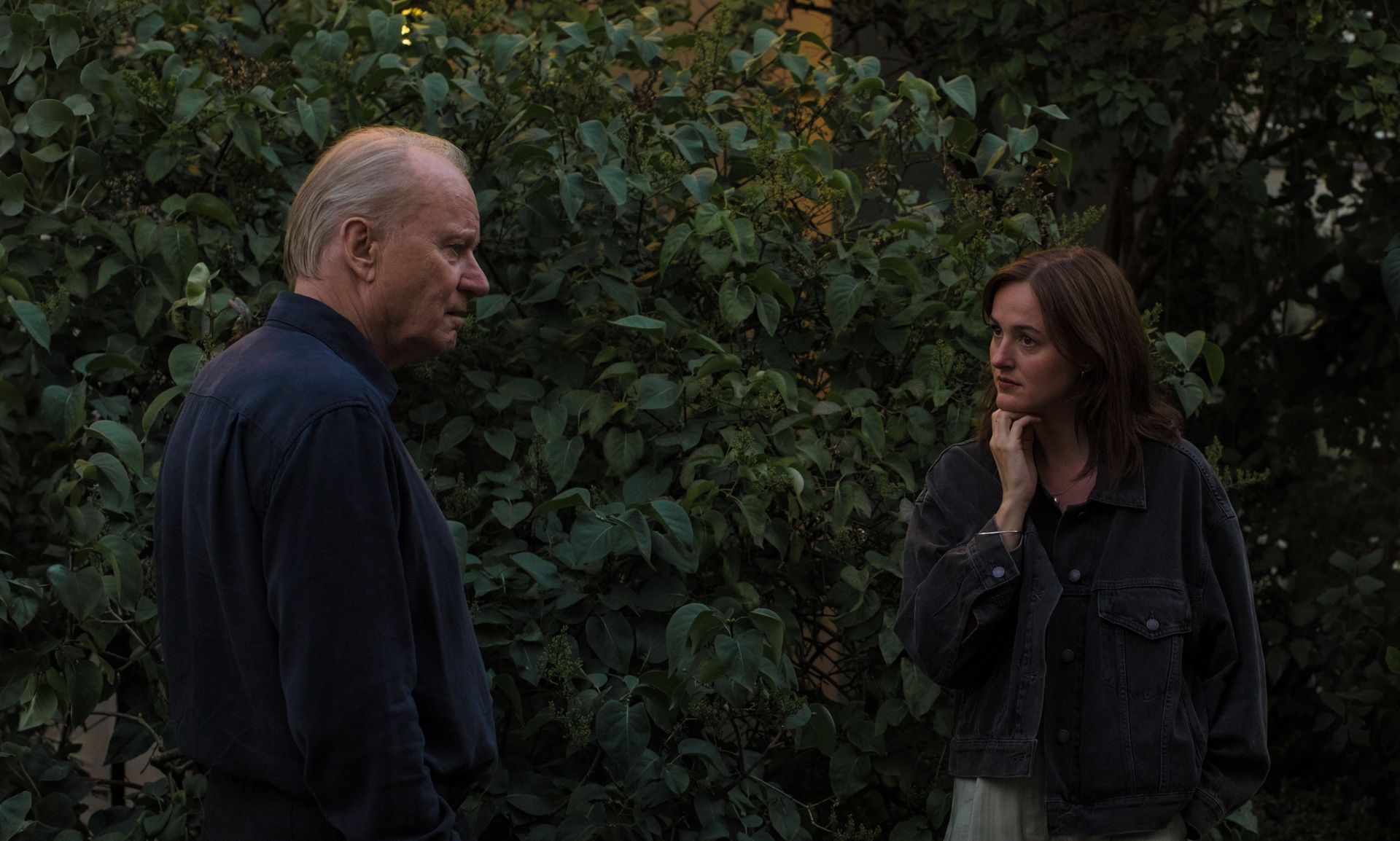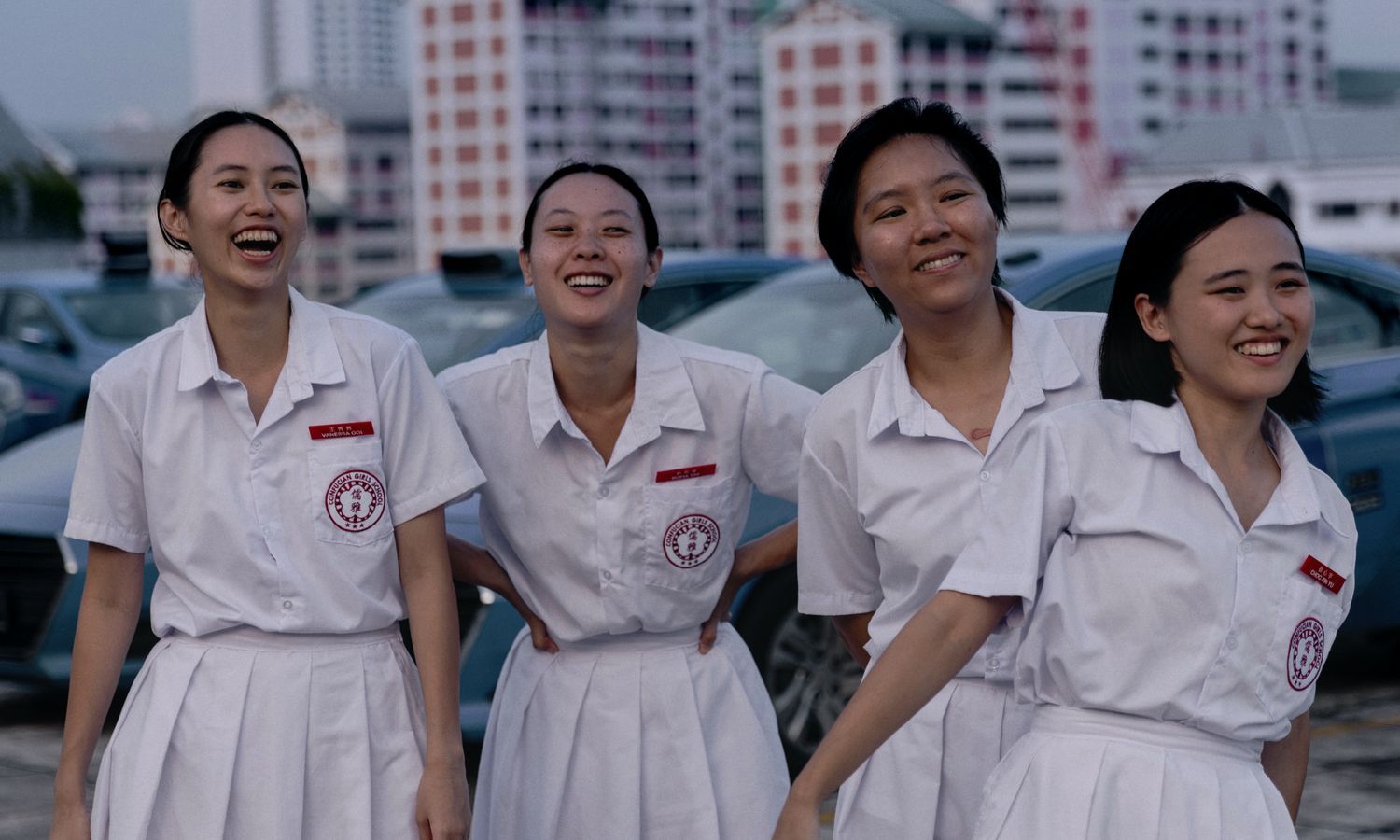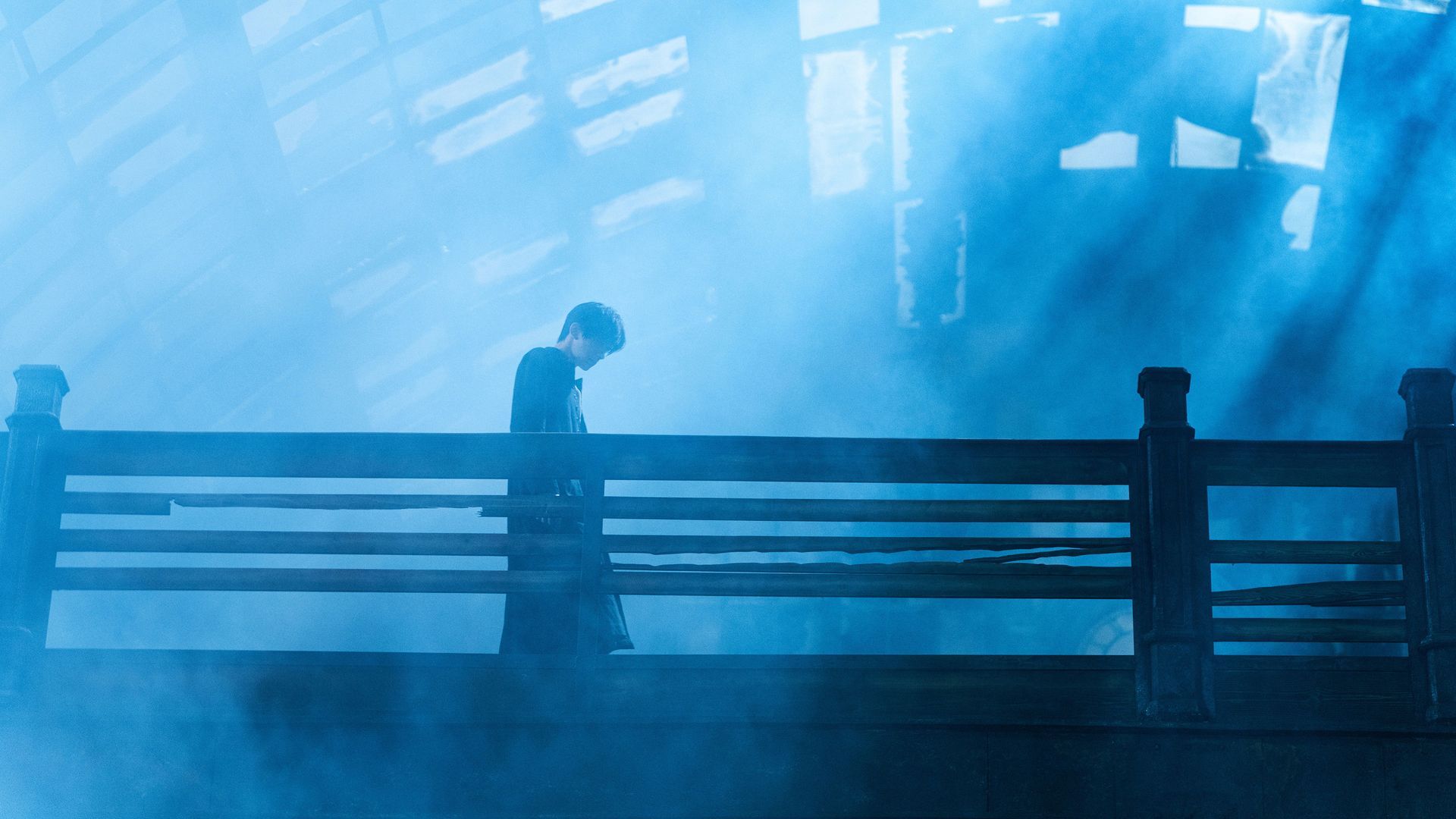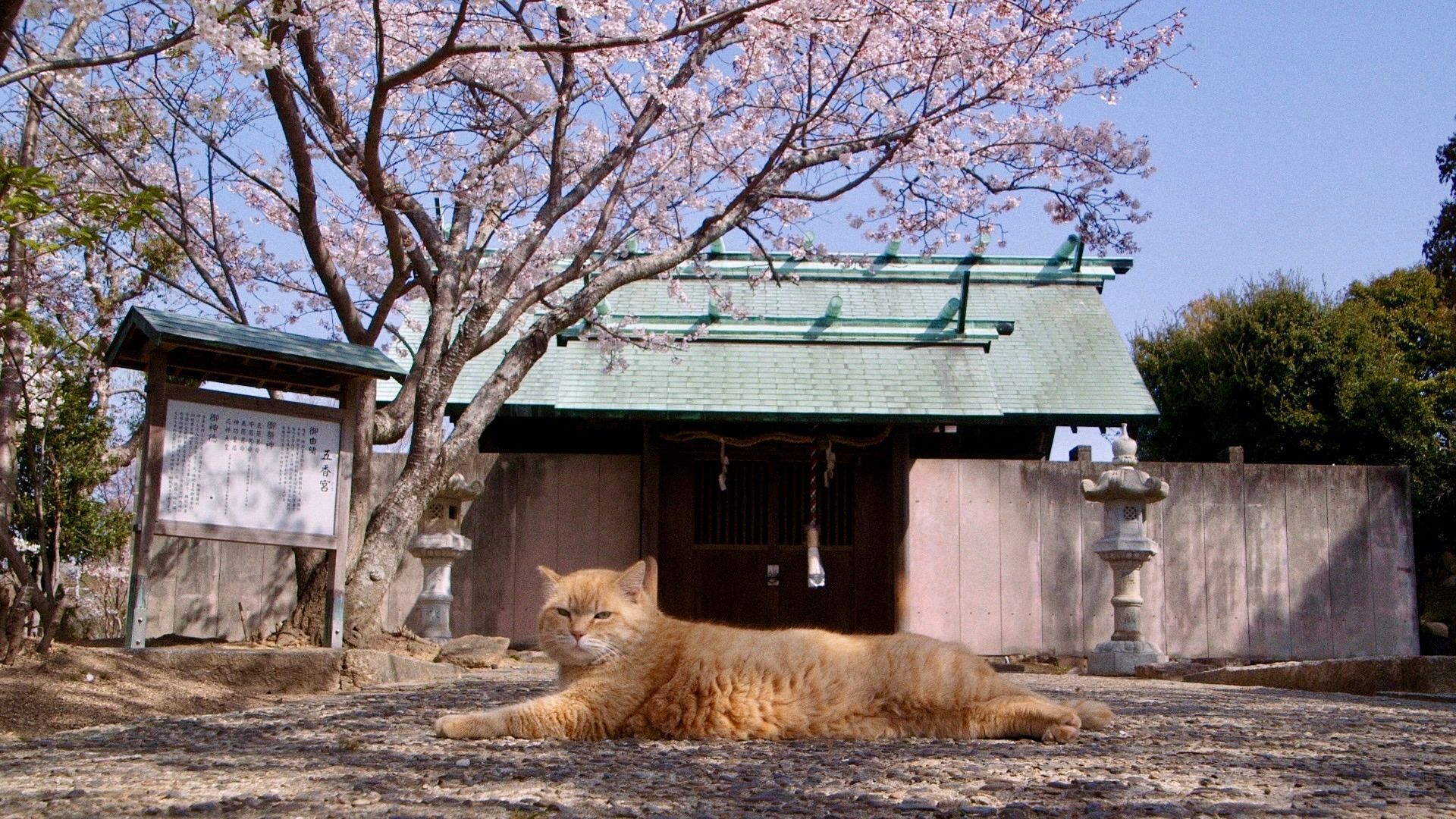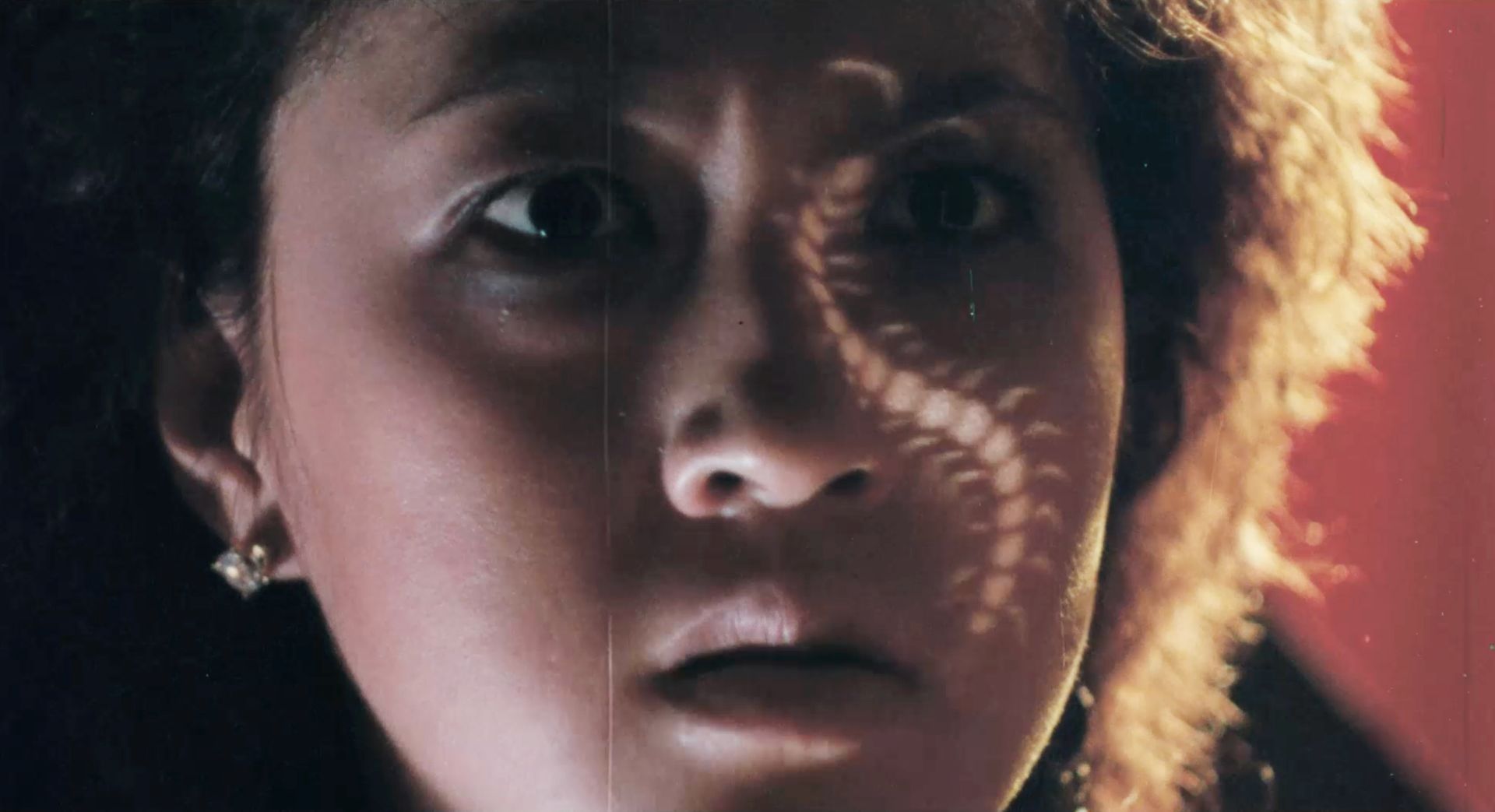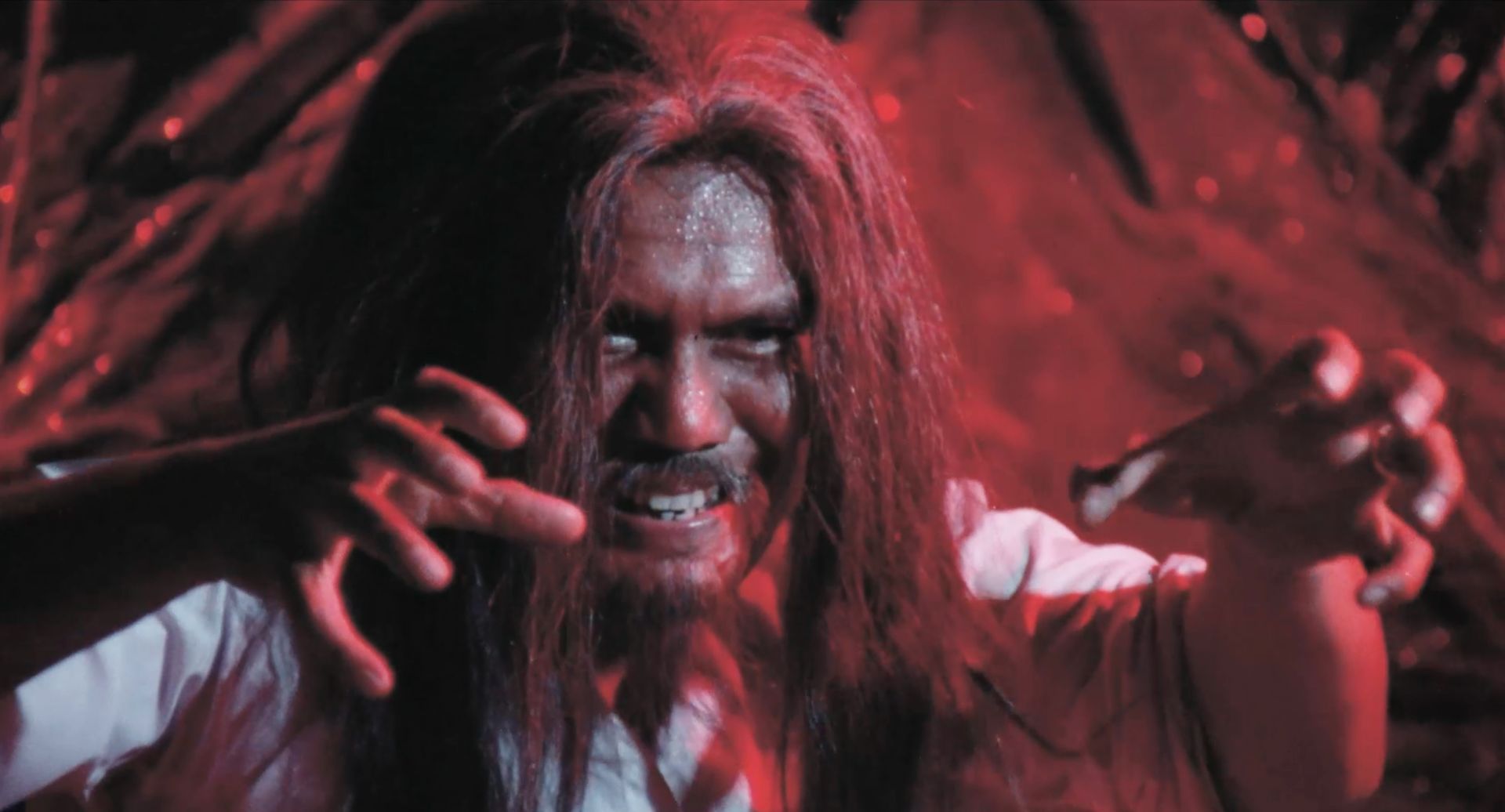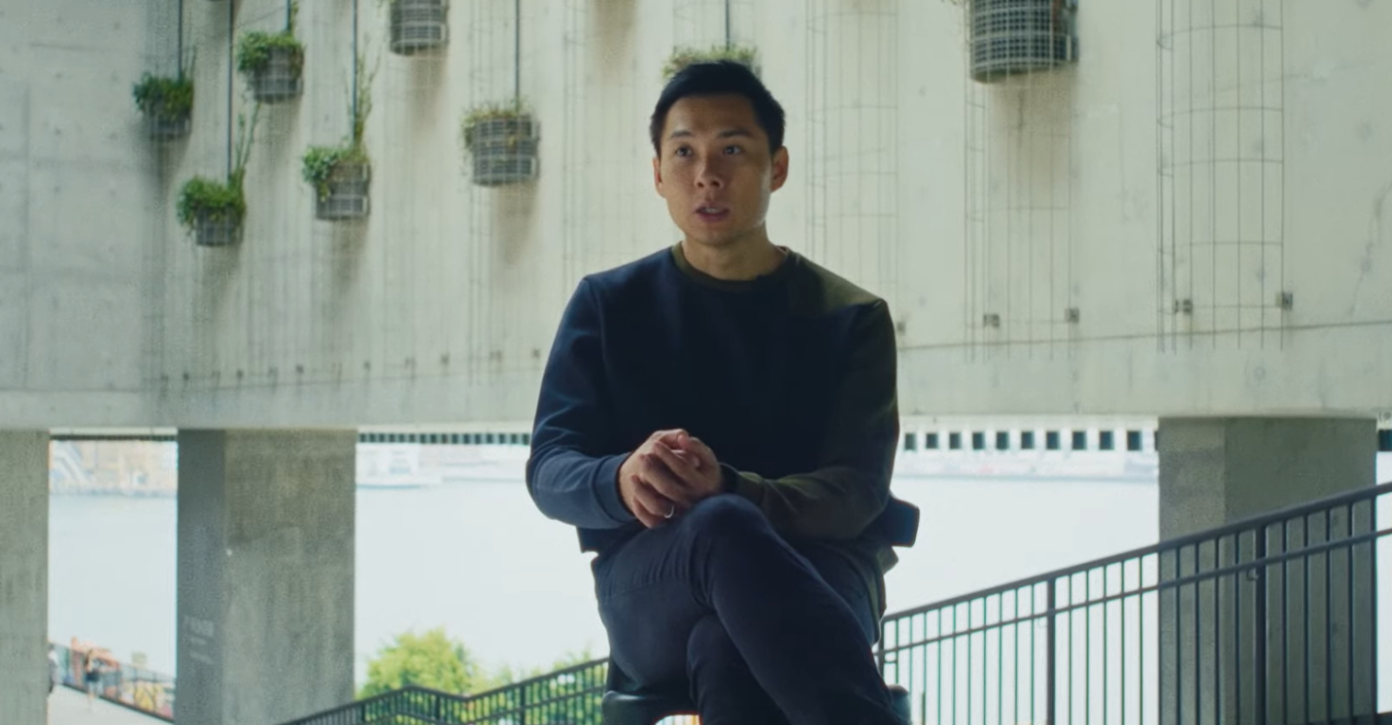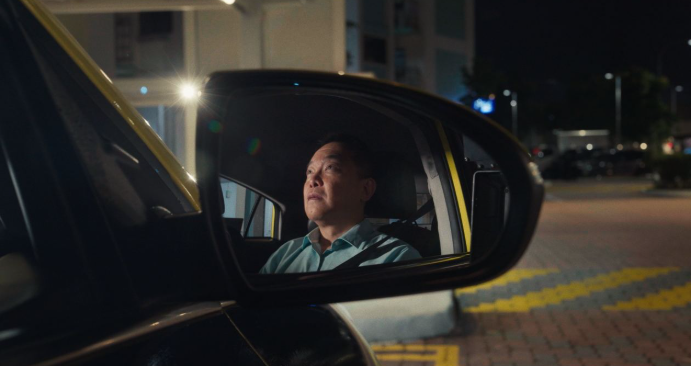Film Review #168: DIDI
Film Review #168: DÌDI (弟弟)
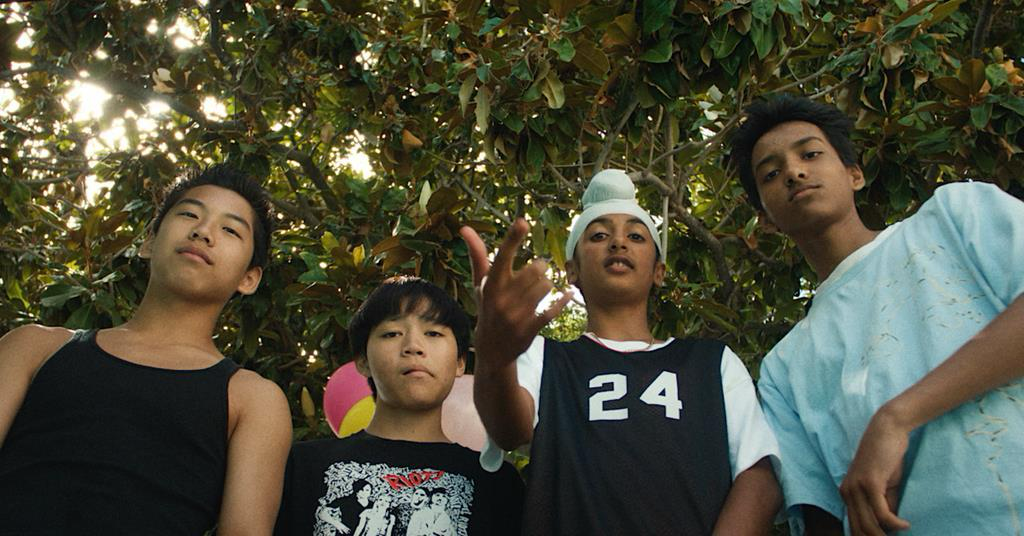
Post an Entry
Post as: viviffy
Date: July 28, 2008, 5:23 PM
Last night, I almost dutch ovened myself, and my farts smell like flowers :)
If you grew up in the 90’s,
Didi
(2024) would’ve done quite a good job at encapsulating most of your experience as a blooming adolescent. Relics like MySpace, friendship bracelets, Motorola flip phones, bobbleheads, and cassette tapes have turned into fragments of the past within less than a decade.
Directed, written, and produced by Sean Wang,
Didi is a semi-autobiographical dramedy that manages to carefully dissect several issues, whilst maintaining its main overarching theme of being a coming-of-age film. Chris Wang, played by Izaac Wang, is a Taiwanese-American 13-year-old boy who, like any other teenager, is navigating the hardships of just
growing up. Similar to films such as the Oscar-winning
Everything Everywhere All At Once (2022) by Daniel Scheinert and Daniel Kwan, and
Minari (2020) by Lee Isaac Chung, it shines light on the trials and tribulations of what being a first-generation immigrant in a foreign country is like.
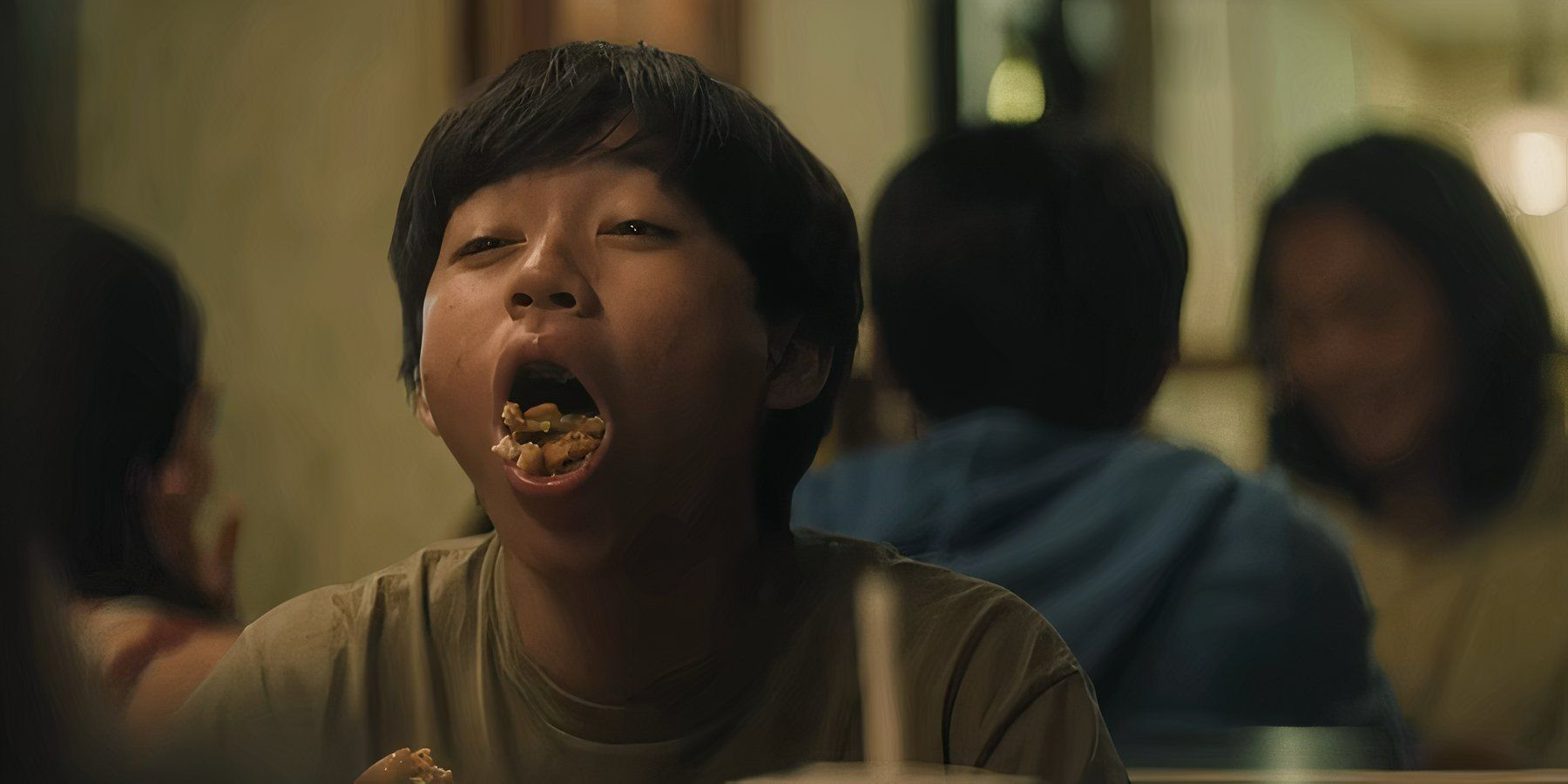
Chris is in the sheer awkward, “act-cool”, cringey, yet angsty phase that we all went through as a developing teenager. Struggling to tie down our self-identity, we would often imitate or mimic the attitudes of those we deemed cooler, such as our older siblings or older friends. Although we will not admit it upfront, we acknowledge that it was all a horrible attempt.
With that being said,
Didi also has its moments where it just
hits you like a truck. Maybe it was the way I understood the struggle Chris faces when trying to forge new friendships; maybe it was the way I deeply resonated with the tough-love relationship with his older sister; or maybe, it was the way it made me regret ever raising my voice at my parents who only wanted the best for me. It all just hits too close to home.
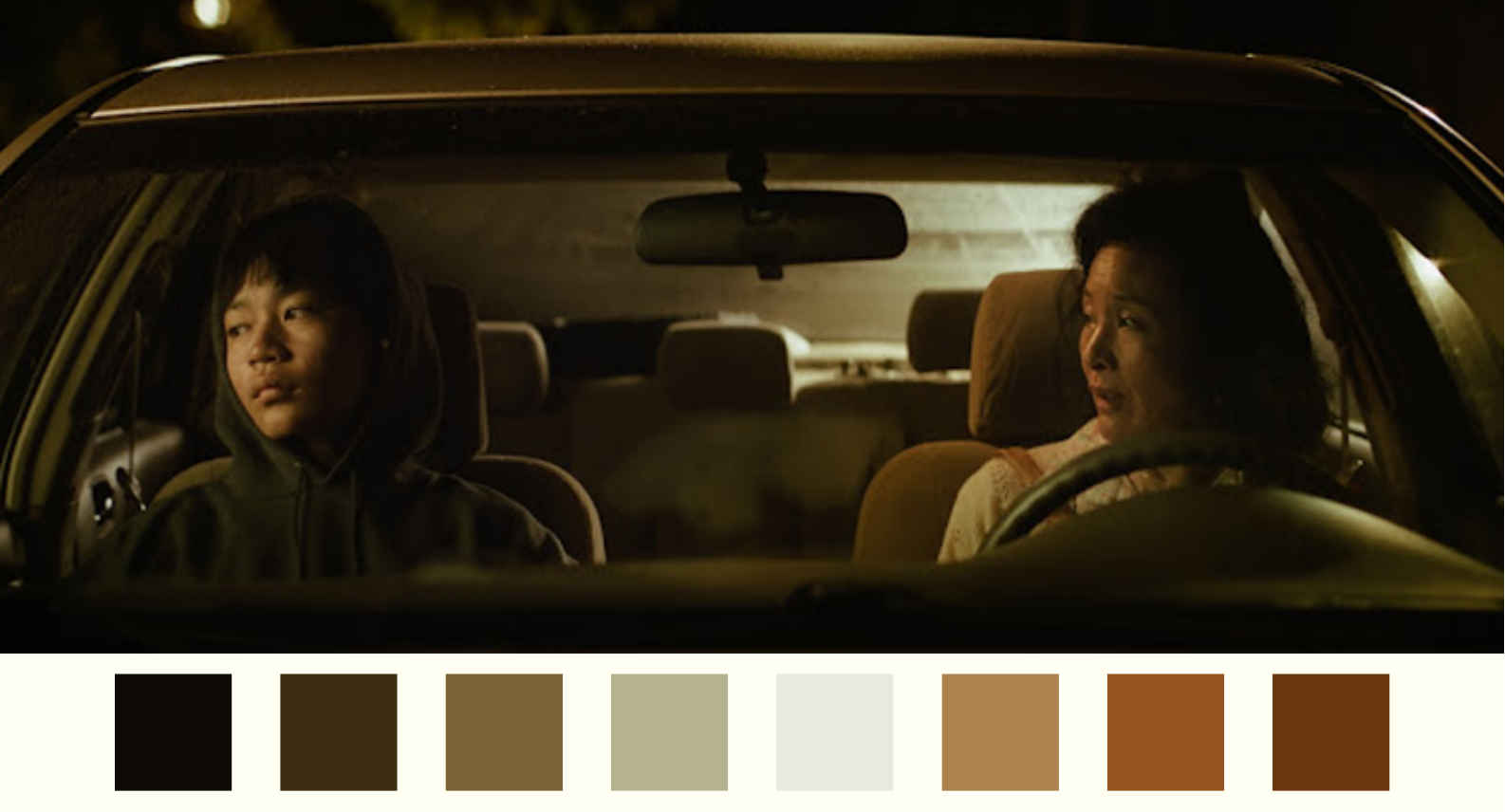
[MILD SPOILERS AHEAD. I BREAK DOWN HOW THE LIGHTING REFLECTS THEIR RELATIONSHIP. READ AT YOUR OWN RISK!]
The car scene was a
hard watch, not because it felt overly cliche or cheesy, but because it struck a chord in my heart—and it was all thanks to the rawness and tenderness that could perfectly, yet unsettlingly, describe a child and mother’s love for each other. The scene presented both characters’ perspectives in such a way that I could understand their emotions without fully siding with either one. Chris gets frustrated at his mother for not supporting him, while his mother criticises him for not caring about how others would negatively view him.
Sam Davis, the Director of Photography, does an excellent job at setting an appropriate lighting and colour tone, playing a vital role in highlighting moments of revelation or catharsis throughout the film.
The void between them here signals a growing divide, aptly reflecting their relationship for most of the movie. Despite the close physical proximity and traditional Asian understanding that “blood runs thicker than water”, the harsh shadow cast on the right-side of Chris’ face signifies that he’s finding it difficult to communicate with his mother, almost as if there’s an emotional barrier that he cannot penetrate.
While Asian parenting places heavy emphasis on values such as obedience, filial piety, and authority, Chris unintentionally overturns those said values. The warm yellow, orange, and brown tones are used to not only represent resentment and hostility, but also comfort. Families tend to see the “ugly” side of us more, especially when it comes to misunderstandings and conflicts. Deep down, they know a more raw version of us which our friends and colleagues may not see, and to me, that is the beauty of it all. With family, they offer both the tough and tender moments, creating a dynamic that cannot be easily forged.
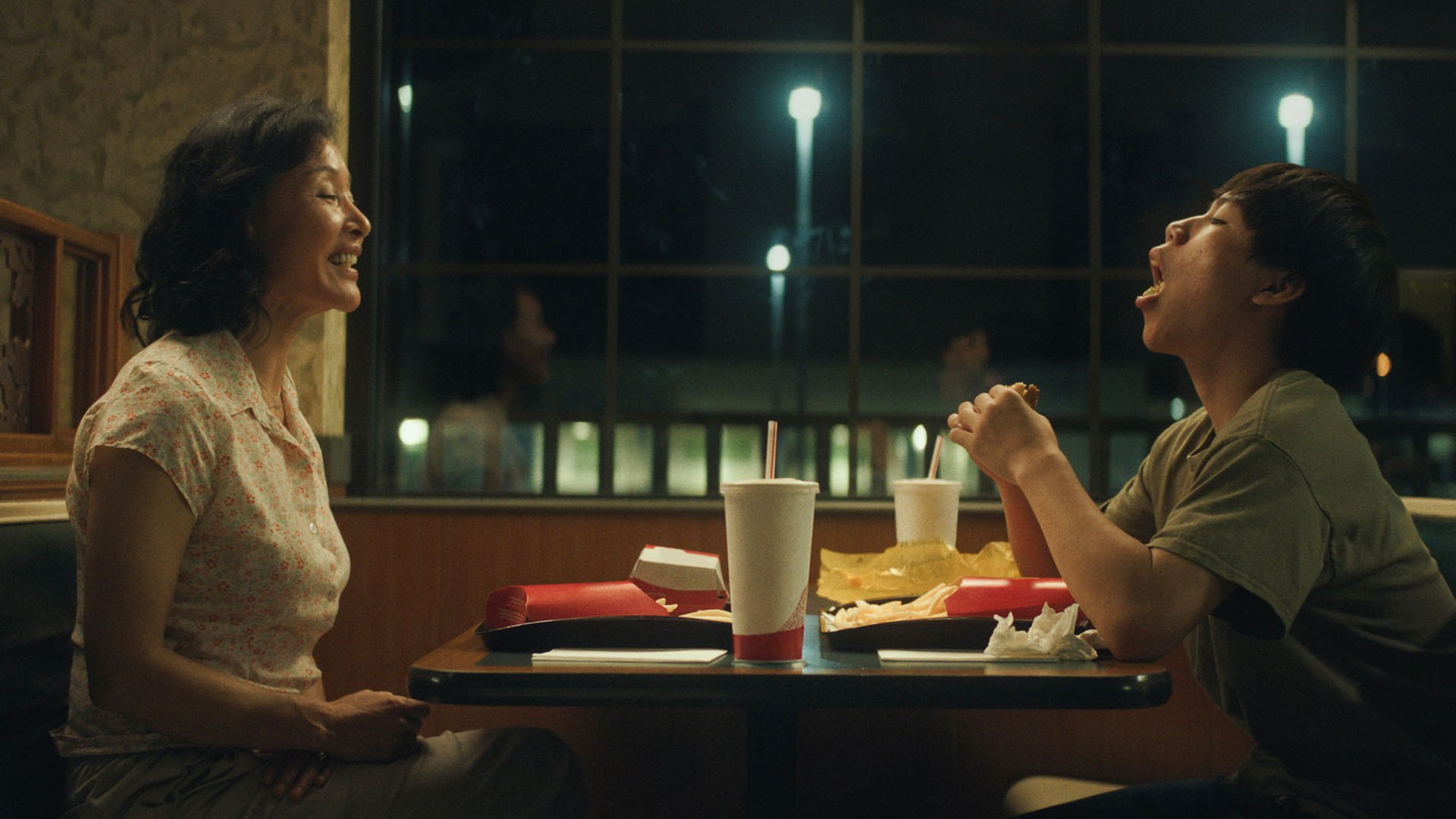
Didi truly made me reflect on my personal relationship with my mother. The regret that comes with raising your voice at her, or going behind her back — it never fails to haunt me down the road. Sometimes, it's too late to take back the words or actions that caused the pain. After reaching a certain age, it became clear that the concerns and worries my mother has for me, stem from a place of pure love and care.
Maybe one day, when the time is right, I too will indulge in a burger and fries meal with my mother.
---------------------
About the author: A horror film junkie with journalistic grit.
This review is published as part of *SCAPE’s Film Critics Lab: A Writing Mentorship Programme, with support from Singapore Film Society.

